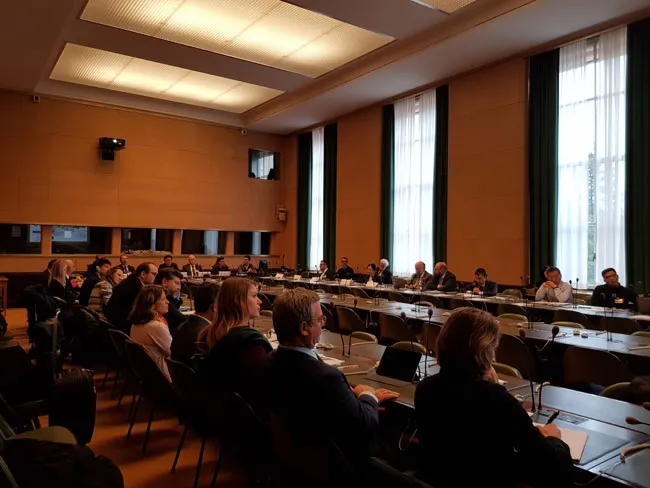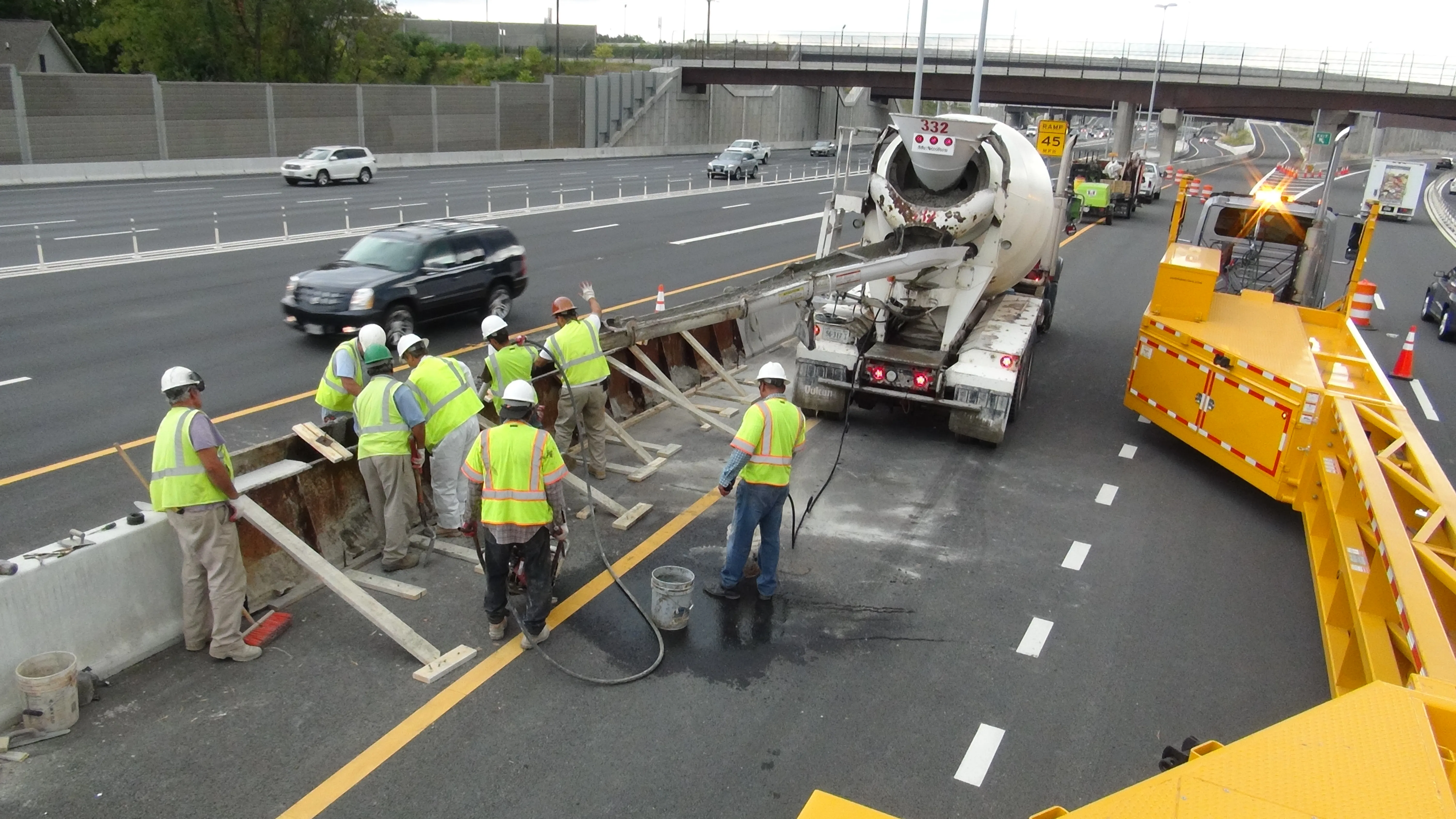The event was placed under the patronage of HM King Mohammed VI. The Continental Forum was initiated by the Ministry of Equipment, Transport, Logistics and Water, the National Committee for the Prevention of Traffic Accidents (CNPAC) and the Transport Policy Program in Africa (SSATP), under the theme "Road Safety in Africa, a factor of sustainable development", and was particularly marked by the announcement of the creation of the African Observatory on Road Safety, of which the presidency has been entrusted to Morocco.
Susanna Zammataro, IRF director general spoke in the opening ceremony of the Forum in front of an audience of ministers, senior officials, representatives of continental and international institutions, government agencies and civil society from 70 countries, including 45 from the African continent. She said, “Significant and sustained improvements in road safety require taking a long-term view and approach which can only be developed based on good data. Without reliable data, we cannot put in place effective policies and interventions. It is fundamental that data on all aspects of a Safe System are properly collected and analysed. This is the only way for us to better see, better understand and better address the problem.”
Commenting at the closing ceremony, Susanna Zammataro said, “We whole- heartedly welcome the establishment of an African Road Safety Observatory and commend all the parties involved for achieving this important result in such a short period of time. To translate will into action everyone’s contribution is necessary and collaboration is the only way forward. With its 54 years of experience in collecting data, its 70 years of engagement in road safety and in Africa, with its involvement in the SaferAfrica project, IRF is a natural partner of the Observatory”.
IRF (Geneva) also announced reinforcement of its presence and action in Africa through the establishment of an IRF Africa with the mission to further reinforce and instigate coordination and collaboration in the continent.








